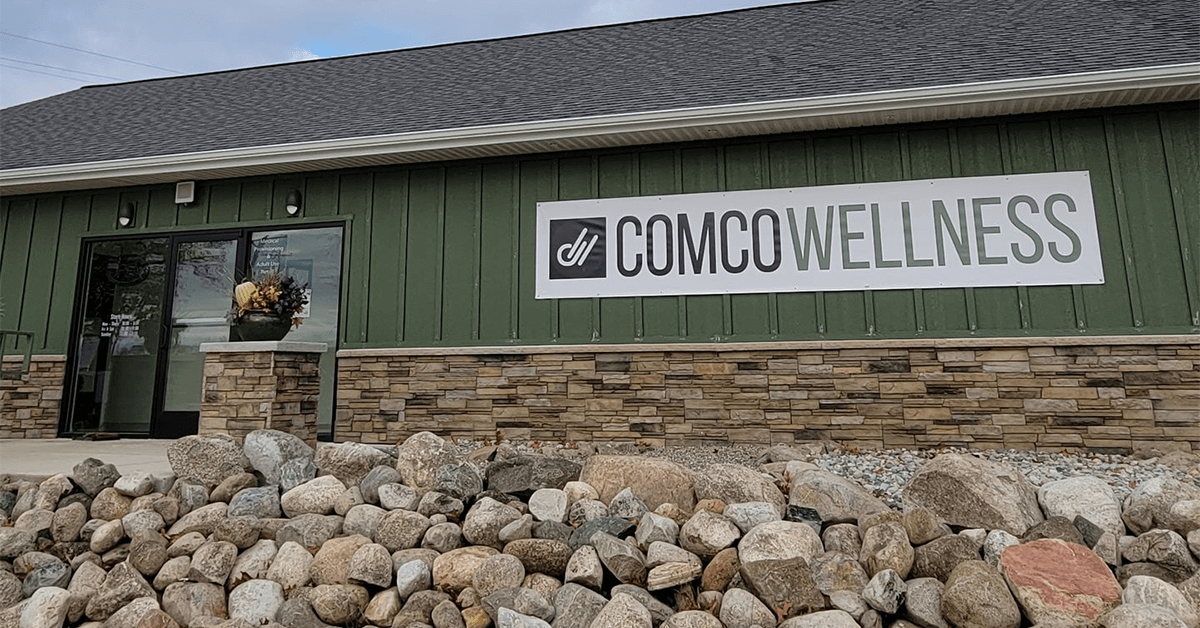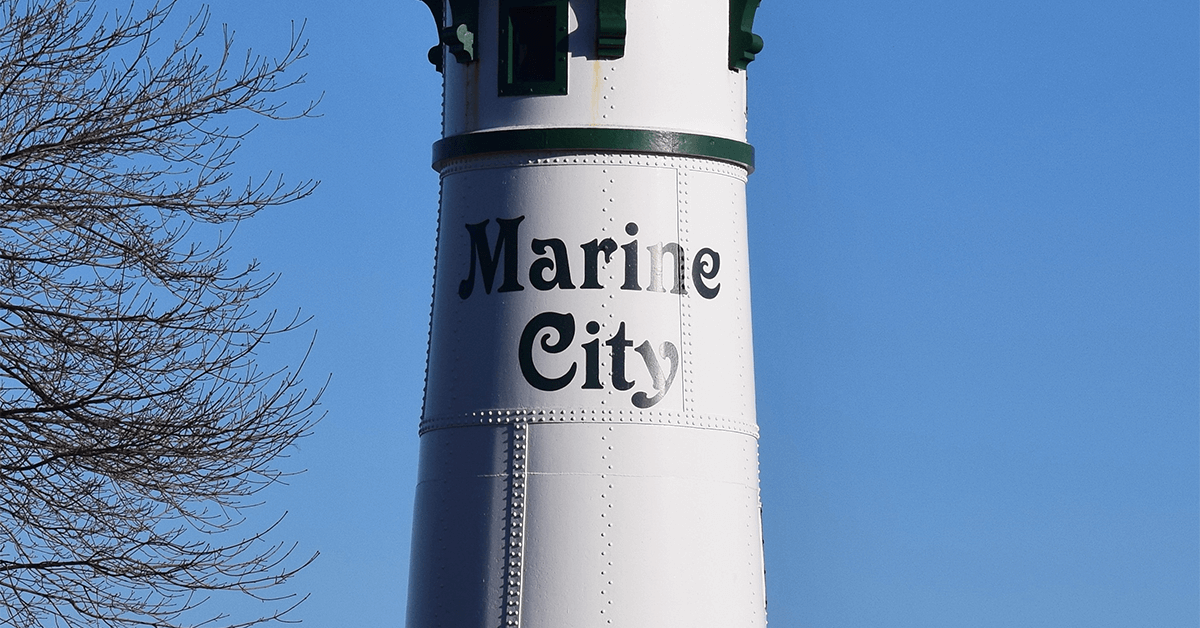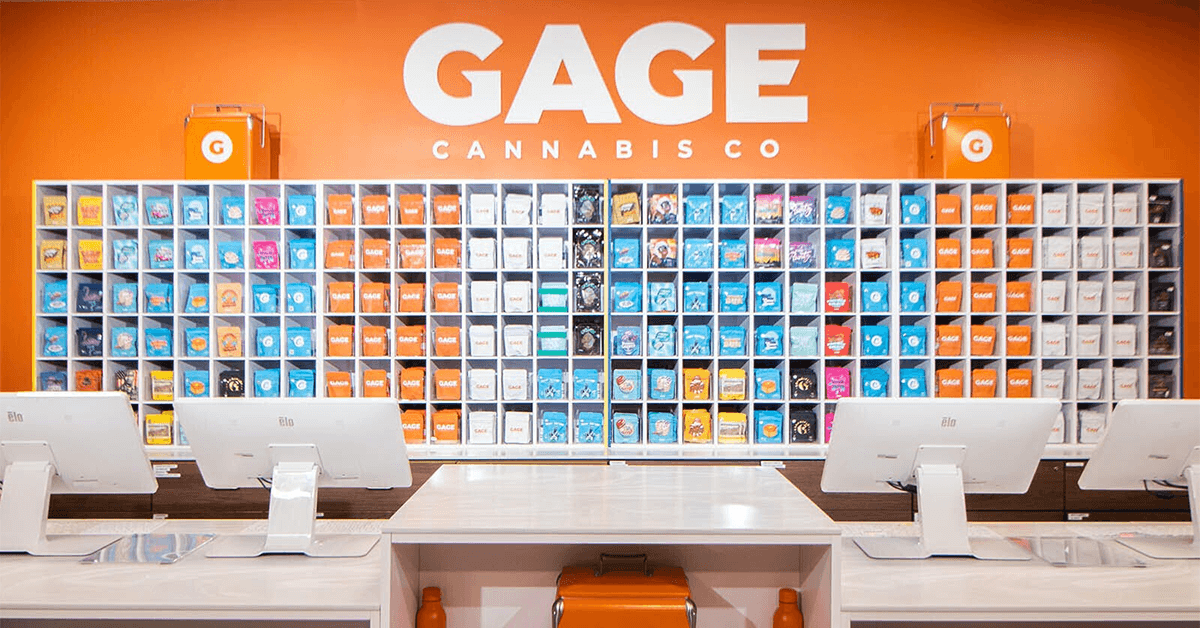Auction for Comco's Cannabis Business Assets Announced in Michigan

In a significant development in Michigan's cannabis industry, Comco, LLC, known for its involvement in the cultivation, production, processing, and distribution of both medicinal and recreational cannabis, is set to have its business assets auctioned. This move comes under the directive of Gene R. Kohut of Trust Street Advisors, LLC, who is acting as the court-appointed receiver for Comco.
Comco, with its cannabis provisioning centers located in Jonesville and Hanover, Michigan, has been a player in the local cannabis market. The upcoming auction, as per the Jackson County Circuit Court's order dated January 12th, 2024, is scheduled for February 26th, 2024, at 12:00 p.m. Eastern Time.
Interested parties wishing to participate in the auction are required to submit a qualified bid in accordance with the guidelines set by the court's Approval Order by February 16th, 2024. This order not only authorizes the Receiver to conduct the auction but also outlines the bidding procedures. It allows for the sale of Comco's assets free from any liens, interests, and encumbrances. Furthermore, the order includes a proposed form of a purchase agreement, known as the Stalking Horse Purchase Agreement.
For those seeking more detailed information, the Approval Order, Stalking Horse Purchase Agreement, Bidding Procedures, and other related materials are available upon request from the Receiver's counsel.
Marine City Nears Decision on Marijuana Facility Locations with Reduced Setbacks

On January 18th, the Marine City Commission revisited discussions concerning the city's ordinance to license and regulate adult-use marijuana facilities. This followed the approval of the ordinance's first reading in the fall, which proposed a 1,000-foot setback from residential areas, churches, rehabilitation centers, childcare facilities, and schools.
However, during the October 19th, 2023, meeting, the second reading was postponed due to unavailability of Geographic Information Systems (GIS) maps from the county. City Manager Scott Adkins highlighted issues with the 1,000-foot setback, as it left no viable locations for marijuana facilities. Subsequent maps with 750-foot setbacks also did not yield additional property options, leading to the exploration of 500-foot setbacks.
The revised map, showcasing 500-foot setbacks, identified two potential locations for marijuana facilities—one near King Road and West Boulevard, and another by South Parker Street and Thompson Drive. Adkins emphasized that the decision to work with the 500-foot setbacks rests with the commission, and that the ordinance language could be modified accordingly.
During the discussions, Mayor Pro Tem Lisa Hendrick pointed out discrepancies in the zoning of certain areas on the map, noting a mix of industrial and residential designations. Commissioner William Klaassen inquired about the possibility of areas within the original 1,000-foot setbacks. Adkins clarified that although some zones were thought viable, they were disqualified due to their residential usage.
Commissioner Brian Ross raised concerns about the lack of parcels fully within the permissible area, considering the setbacks. Adkins mentioned that lot splits or subdivisions might be necessary, with the ordinance and map being updated to reflect such changes.
City Attorney Robert Davis elaborated on the application process for marijuana facilities, highlighting the need for comprehensive plans covering odor, lighting, security, and other operational aspects. He also stressed the importance of compliance with state regulations and detailed site planning requirements.
The commission, acknowledging potential changes in property usage and sales, discussed the need for updating the map as necessary. Davis noted that each application would require a review of the buffer zones.
Concluding the session, Hendrick moved to bring the ordinance back for a second reading with the 500-foot setbacks. The motion was approved with a 6-1 vote, with Commissioner Klaassen dissenting.
Gage Cannabis' Flagship Ferndale Property Hits the Market for $7.06 Million

The prime real estate location of Gage Cannabis' premier outlet in Ferndale, Michigan, has been listed for sale. Occupying over 46,000 square feet on a 1.52-acre site at 1523 Academy Drive St., the property is being marketed for $7.06 million. This sale initiative, as detailed by Northmarq, a Chicago-based property brokerage firm, does not signal any operational changes for Gage Cannabis.
TerrAscend Corp., the Canadian company that owns Gage, reassured through CFO Keith Stauffer, that Gage's lease agreement would continue unaffected. The property operates under a triple net lease agreement, placing responsibility for property taxes, insurance, and maintenance on Gage Cannabis, with a 2.33% annual increase in rent.
BJ Feller, Northmarq's Managing Director and Senior Vice President, emphasized the investment appeal of the property, noting the stability of cannabis real estate compared to traditional retail sectors. This stability, coupled with higher than average capitalization rates and returns, makes such properties attractive to investors.
Northmarq's portfolio also includes other Gage properties in Kalamazoo (operating under the Cookies brand) and Traverse City, as well as Lume Cannabis Co. dispensaries located in Holly and Birch Run. Additionally, Gage's Battle Creek location is up for sale, with the Battle Creek property listed at $1.7 million, Traverse City at $2.55 million, and Kalamazoo at $2.9 million.
Ownership of these properties varies. The Ferndale and Kalamazoo sites are held by Troy-based Spartan Partners Properties, while the Traverse City property is under Strategic Koach Properties LLC, and the Battle Creek location by Battle Creek Downtown Central LLC. These entities, as reported by CoStar Group Inc., a real estate information service based in Washington, D.C., have not provided immediate comments on the listings.
The cannabis industry has been a vibrant sector in real estate for several years, offering investors an opportunity to engage in the marijuana market without direct involvement in its cultivation or sale, thereby navigating the complexities of federal drug regulations. However, the value of these real estate investments is highly dependent on local market conditions, particularly the level of competition in the area.
For example, in 2022, a modest 2,400-square-foot building in Pontiac, still awaiting its recreational marijuana market launch, was listed for $3.5 million. Contrastingly, Battle Creek's high dispensary density might explain its lower $1.7 million price point, as opposed to the less saturated Traverse City market, where property values reach $2.55 million.
Win a Trip to the Super Bowl with Dispo's Exclusive Customer Giveaway

Dispo, a Michigan-based cannabis dispensary with six locations across the state, has launched a giveaway for its customers, offering a chance to win a trip to the 2024 Super Bowl in Las Vegas. This includes round-trip flights and a two-night hotel stay. The giveaway reflects Dispo's commitment to community engagement and customer appreciation, aligning with their initiative, "The Dispo Difference."
The giveaway allows two winners to experience the Super Bowl, emphasizing Dispo's focus on providing value-added experiences to its patrons. The participating locations for this giveaway are in Romeo, Hazel Park, Whitmore Lake, Firecreek, and two in Bay City.
Details of the giveaway include:
- Two tickets to the 2024 Super Bowl at Allegiant Stadium, Las Vegas.
- Round-trip flights for two.
- Two nights of hotel accommodation, sponsored by Dispo.
CEO Brandon Dabish of Dispo expressed the company's aim to positively impact customers' lives, viewing this giveaway as a gesture of gratitude and appreciation.
At Dispo, we firmly believe in making a positive impact in the lives of our valued customers. 'The Dispo Difference' is our way of expressing gratitude to our incredible patrons who have supported us throughout our journey. What better way to show our appreciation than by granting them the opportunity to experience the exhilaration of the Super Bowl in style?
To enter the giveaway, participants are directed to Dispo's Instagram page, with the winners to be randomly selected and announced on February 4th on Dispo's official Instagram page.
In addition, Dispo has collaborated with Chill Medicated CBD for this Super Bowl Ticket Giveaway. This partnership underscores a joint commitment to promoting wellness in sports and the potential benefits of CBD, especially in terms of sports recovery. Through this collaboration, Dispo seeks to introduce athletes and sports enthusiasts to the advantages of incorporating CBD into their health and wellness routines.
Series of Smash-and-Grabs Plague Detroit Cannabis Dispensaries

Detroit's cannabis dispensaries have recently fallen victim to a series of smash-and-grab incidents, resulting in significant property damage and the theft of marijuana products. The first of these incidents occurred on Monday near the intersection of Wyoming and Puritan, where a black pickup truck reversed into a dispensary. Witnesses reported several masked individuals exiting the vehicle and stealing barrels of marijuana.
On the same day, another incident was reported by the Detroit Police. A truck had rammed into the back of a dispensary on Schaefer near Eaton, a clear case of breaking and entering. Additionally, a similar occurrence involving a building on Hayes was confirmed, characterized by substantial structural damage.
A local witness, choosing to remain anonymous, pointed out the presence of two nearby dispensaries where marijuana is legally available for purchase.
Further incidents unfolded on Wednesday. Two separate locations – one near Joy and Whitcomb, where the aftermath included significant holes in the building's walls and scattered marijuana plants. Ammar Awada, a resident in the vicinity, expressed his shock over the events but was relieved that no one was injured. He highlighted the need for increased police presence in the area to prevent such occurrences.
The other location was near Auburn and Davison, where a damaged black pickup truck was discovered with its doors ajar, surrounded by bricks, plants, and dirt. The building adjacent to it bore a truck-shaped hole, indicating a similar method of break-in as the previous incidents.
These successive smash-and-grab events have raised concerns about the safety and security of cannabis dispensaries in Detroit, prompting calls for heightened law enforcement and security measures to protect these businesses.
New Dispensary by Misty Mountain Cannabis Opens, Boosting Big Rapids' Cannabis Scene

In a significant development for the cannabis community in Big Rapids, Michigan, Misty Mountain Cannabis is set to open a new dispensary at 702 Perry Ave., a site previously occupied by Rair Cannabis Company. This move marks an expansion of Misty Mountain Acquisitions' presence in the state and is part of their broader strategy to connect with diverse customer bases across Michigan.
Mark de Souza, CEO of Misty Mountain Acquisitions, emphasized the company's commitment to fostering a rich cannabis culture and offering a wide range of high-quality products. He noted that their focus extends beyond product offerings to include strong partnerships with employees and customers, making Michigan a key focus for their operations.
Misty Mountain Cannabis already has development plans for three other dispensaries in Michigan, located in Bay City, Muskegon, and Ann Arbor. The company's approach is centered around celebrating the artistry and craftsmanship of local cannabis growers and producers. Their website highlights their commitment to showcasing these local talents and providing a diverse selection of products.
For the Big Rapids location, de Souza expressed enthusiasm about the opportunities this new site presents. He stressed the importance of competitive positioning within the neighborhood and the company's affection for the city itself. The store plans to offer a comprehensive range of cannabis products, including bulk flower, pre-packed quantities, pre-rolls, distillate carts, concentrates, gummies, chocolates, and a variety of edibles.
A key aspect of Misty Mountain Cannabis's strategy is to integrate customer feedback into their product line, ensuring that the offerings align with consumer preferences and needs. This customer-focused approach extends to their commitment to local partnerships, which is a cornerstone of their business model. The company prioritizes working with Michigan growers, suppliers, and artisans, emphasizing the quality and diversity of the state's cannabis products.
Compliance with Michigan's dispensary laws and guidelines is a top priority for Misty Mountain Cannabis. De Souza highlighted the importance of proper product information, labeling, and educated budtenders who can respond knowledgeably to consumer inquiries. This focus on education and compliance is part of the company's broader strategy to provide a safe and responsible retail experience.
Additionally, Misty Mountain Cannabis takes measures to prevent sales to third-party sellers or minors. The company is meticulous in ensuring that consumers are well-informed about the products' efficacy and strength before purchase.
The new dispensary is expected to create approximately 12-15 jobs in Big Rapids, with a focus on hiring local residents for managerial and staff positions. While de Souza did not commit to specific community contributions, he indicated that assuming successful operations, the company would consider supporting local medical or educational charities, reflecting their commitment to community building.


 Helpful Links
Helpful Links